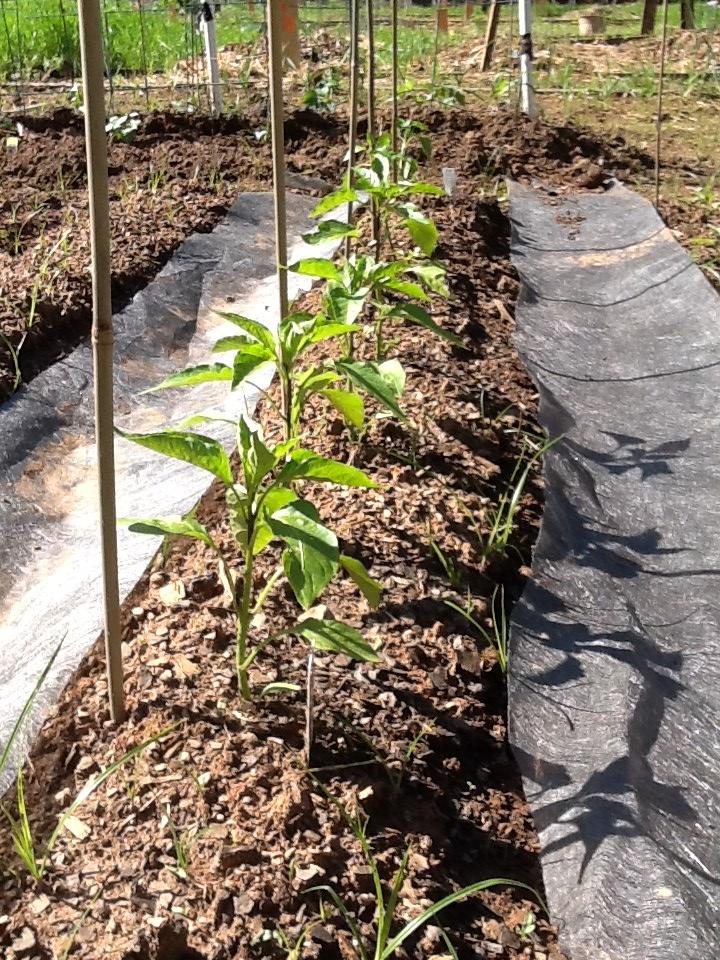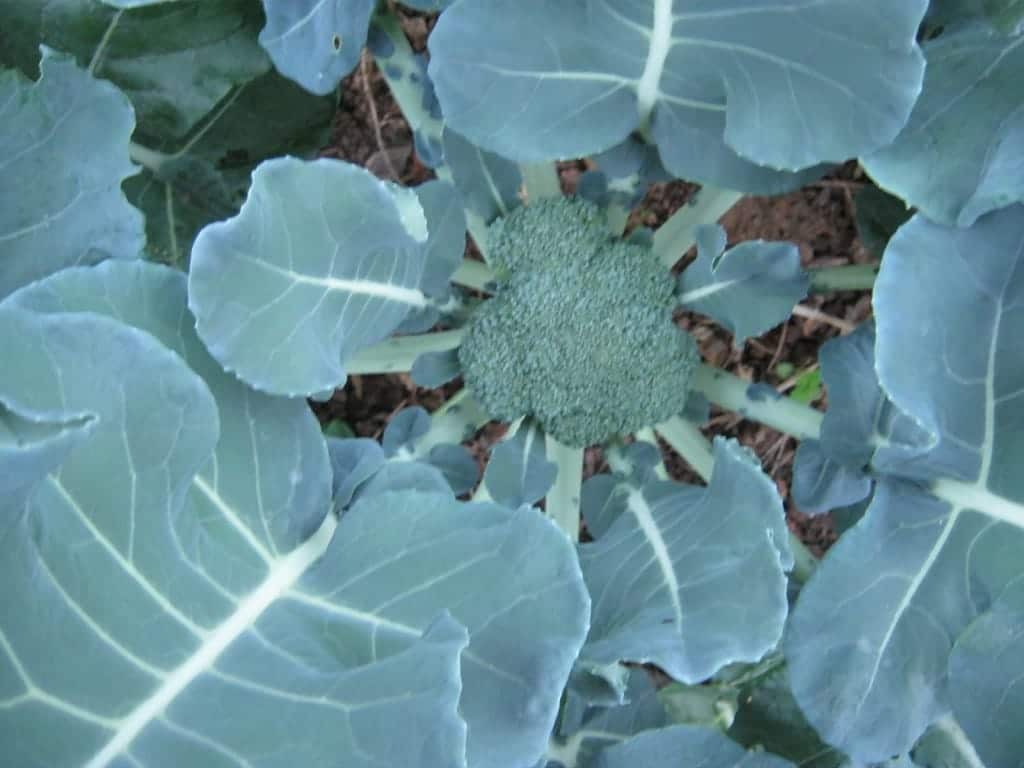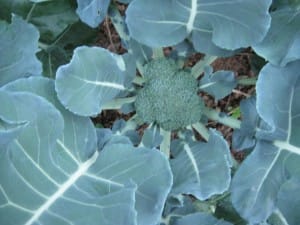I was asked to rerun this popular post on vegetable varieities from 2015. So by popular demand….
One major step towards success in a community or school garden is to start with varieties that are proven in Georgia. As you may have experienced, some varieties of vegetables that work well in a large farm setting don’t always do well in a school or community garden setting.
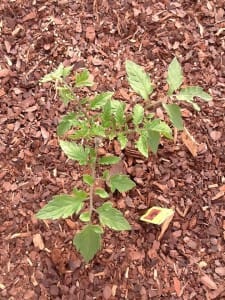
Happily we have recommendations from Robert Westerfield and UGA’s Research and Education Garden specifically for smaller, intensive gardens. These varieties should be easy to find in big box retailers as well as feed and seed stores:
Tomatoes – Salad or Cherry: Juliet, Maskotka, Cherry Falls, Tumbling Tom
Tomatoes – Determinate: Celebrity, Rutgers Select, Amelia, Bush Beefsteak, Super Bush Hybrid, Roma
Tomatoes – Indeterminate: Beefmaster Hybrid, Delicious, Princess Hybrid, Big Beef
Peppers: Big Bertha, Cubanelle, Giant Marconi, Banana Sweet,
Jalapeno
Eggplant: Patio Baby Hybrid, Black Beauty, Ichiban
Squash: Easy Summer Crookneck, Easy Pick Gold Zucchini, Sunburst (Pattypan type), Raven Hybrid (Zucchini type), Commander Hybrid (Zucchini)
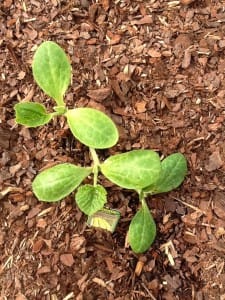
Cucumber: Bush Cucumber, Burpless Hybrid, Straight 8, Lemon
Beans: Roma II, Blue Lake, Tender Crop
Asparagus: Jersey Supreme Hybrid, Jersey Knight Hybrid, Purple Passion
Thinking ahead towards fall planting try –
Cabbage: Kaboko Hybrid, Minute, Rubicon
Broccoli: Packman Hybrid, Green Magic
If you have any questions about vegetable varieties contact your local UGA Extension agent, he/she has experience with lots of vegetables.
Whatever plants you choose, Happy Gardening!
